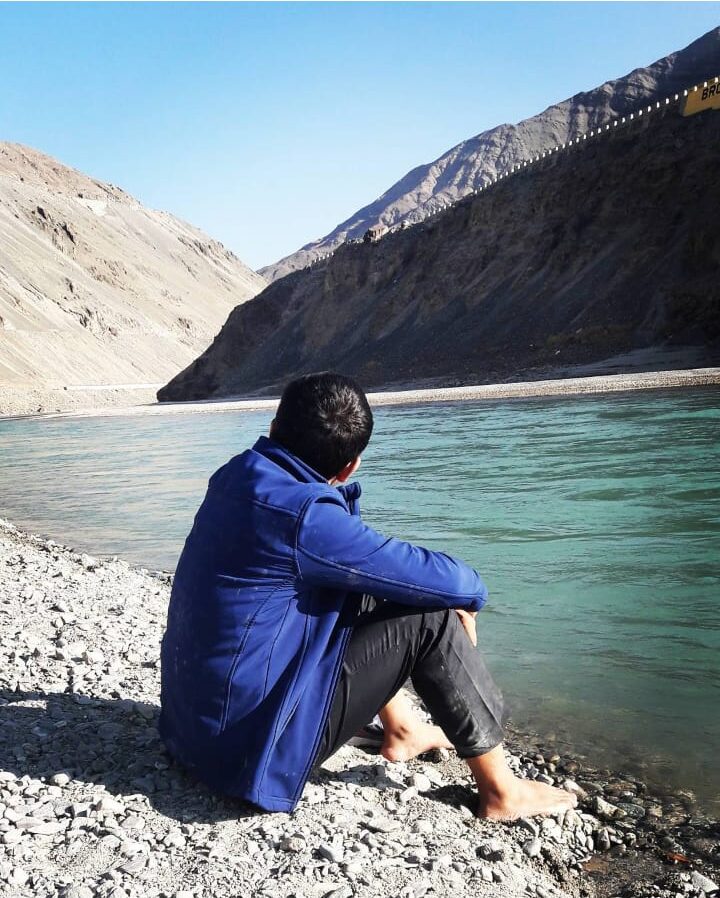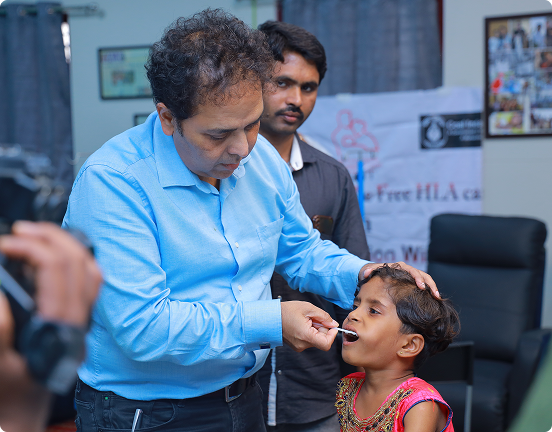Warriors; young and adult, strong and bright,
Fighting an endless battle day and night.
Plastic smiles worn with quiet might,
Leaving stories behind their fearless fight.
The story of their journey remains,
Even if their body withers away,
The echo of their hope remains,
Even if their bloodstream loses its way .
However the question remains,
Do they seek solace in solitary?
Or is it a hand they seek?
– Chinmayee Bhosale & Anuska Roy
Thalassemics live a life of recluse.
In the quieter pockets of our country — in homes where one shared fan cools a family of six, or where the sound of an ambulance is more familiar than a school bell — young thalassemics grow up fast. Their childhoods are marked not by playdates or school memories, but by long hospital queues, worn-out medical files, and anxious caregivers doing their best with very little. For families battling both poverty and illness, dreams take a backseat — survival becomes the only priority. And for these children, the idea of planning a future feels like a luxury they were never meant to afford. We all have a limited amount of time left, and no one will stay on this mortal planet in this form for eternity. At the age of 13–14, these young warriors become more aware of the road signs ahead of them. Most of them tend to slow down when encountering hairpin bends, s-curves, bumps, and danger boards — in the form of pricks, tests, doctor visits, and repeated transfusions. However, a select handful choose to ignore these warnings and continue on their route with grit and determination, believing that whatever happens will happen.
The complexity of their lives doesn’t end with their unwavering will to fight or the hope that something good might one day come their way. On the contrary, it only deepens — as their dreams and aspirations go unnoticed, and their very identity is reduced to a condition: blood-thirsty thalassemia.
In their search for normalcy, they are too often met not with inclusion, but with pity — eyes that silently tell them they are different. And slowly, that pity conditions them to retreat. To live reclusively. To expect less. To ask for nothing. The yearning to be seen, heard, and empowered quietly dims — and the desire to be loved dies a little each day in silence.
At The Wishing Factory, we believe this must change. We stand committed — to lend a hand, an ear, a warm shoulder, and most importantly, a guiding light.
Let’s move beyond just talking about inclusion,
Let’s act on it.
Let’s not just say they belong,
Let’s build a world where they truly do.
We seek people who will walk with us — who will stand for one child, create one opportunity, build one bridge. Because real empowerment doesn’t come from slogans — it comes from solidarity, support, and sustained belief in every warrior’s right to live with dignity and dream without limits.
After getting deeply involved in this field for over 4 years and connecting with over 500 warriors from the length and breadth of our vast country, I have found that the select few who manage to rise above — secure a degree, take up a respectable job, or even pursue higher education — are often from larger metro cities, or more affluent backgrounds. In their cases, literacy, access, and environment have played a vital role in shaping their resilience, confidence, and outlook on life. And mind you, I’m not referring to apathy here — these are fighters, but their circumstances allowed them to imagine a life beyond just survival.
But what about the rest? The vast majority from Tier 3 and Tier 4 towns — children with equal spirit but no systems to support them — are left unheard, unseen, and unsupported. They battle the same condition with half the resources and none of the guidance. That’s exactly where The Wishing Factory chooses to stand — beside those who have none. We strongly believe that not every innovator or changemaker comes from privilege — often, the most brilliant minds are hidden in the most underserved corners hence, we aspire to become that conduit – enabling building stronger support systems in these overlooked regions, creating small but powerful communities that offer mentorship, counselling, and companionship. Our vision is to connect individuals who can step up and take responsibility for even one child, giving them emotional strength, educational access, and aspirational guidance — so that no warrior is left behind simply because of where they were born.
-Rajesh Thakur.

